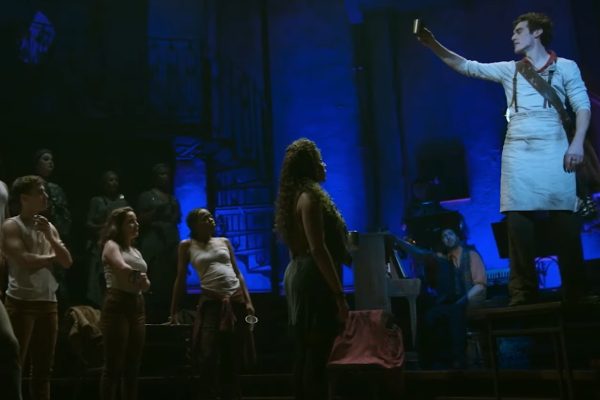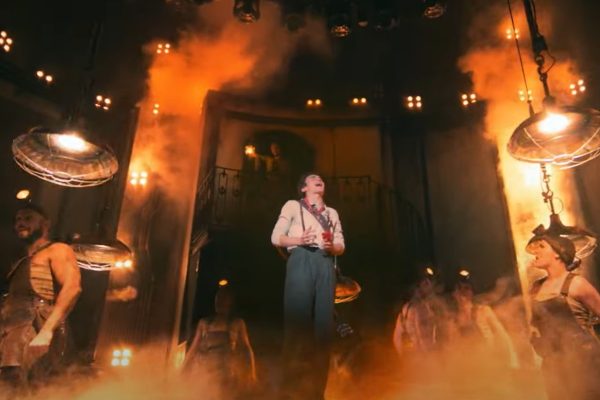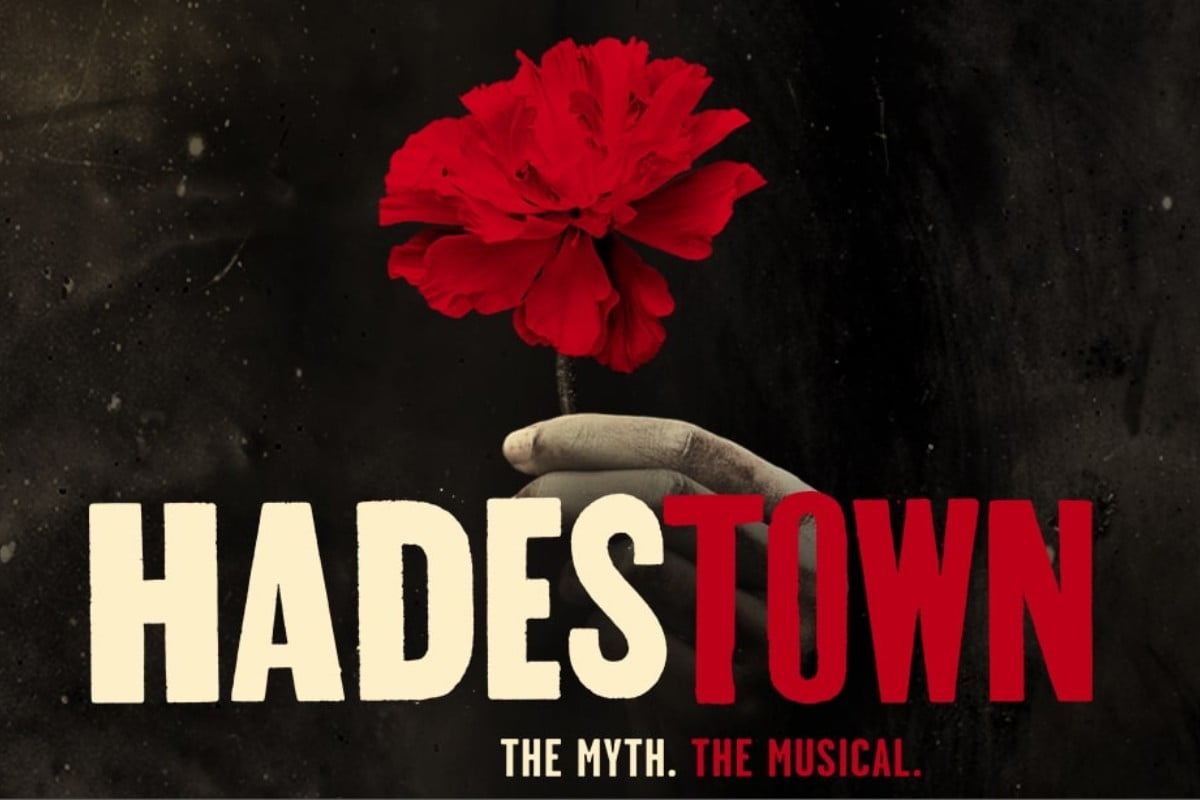The critically-acclaimed musical Hadestown, a modern retelling of the Greek myth of Orpheus and Eurydice, opened earlier this year at the Lyric Theatre in London.
This tragic tale plays out between a world stricken with poverty and climate crisis, and ‘Hadestown’ – an industrial nightmare of an underworld, overseen by Hades himself.
The music, written by folk singer-songwriter Anaïs Mitchell, encompasses genres including jazz, folk, and blues, drawing parallels to life during the Great Depression.
Imbalance
We follow the story of Orpheus, a poor and idealistic boy “working on a song” that could “make you see the way the world could be”. He meets Eurydice, a “hungry young girl” who, in her constant search for food and shelter, has become cynical and could only see “how the world was”.
The two fall in love, but their happiness cannot last. Not only are they living in hard times, but these two mortals live at the mercy of the gods.

It is revealed to be the rocky relationship between Hades, the god of industry, and Persephone, the goddess of summer, that has thrown the climate of the mortal world out of balance. The winters are long, harsh, and unforgiving, while the summers are unnaturally warm and sea levels are rising.
Mitchell started writing Hadestown not long after the events of Hurricane Katrina in the US. In the years since, the musical’s comments on the climate crisis – and the system’s inability to respond to it – have only become more relevant to the world around us.
Alienation
Amidst an especially harsh winter, a starving, desperate Eurydice accepts Hades’ offer of a job, promising freedom from poverty and hunger at long last.
It does not take long for Eurydice to realise that she has made a terrible mistake, and that the freedom offered by Hades is simply the freedom “to work yourself into the ground”.
The workers in Hades’ factories and mines represent alienation at its extreme: reduced to nameless, faceless tools of industry, they “keep their heads low” and dig their own graves under Hades’ iron fist.
Eurydice’s story is a clear allegory for the brutal formation of the working class. But just as in reality, there is no going back for Eurydice. Hades makes it clear that in Hadestown, “everything and everyone I own”.
Divide and rule
The closing song of Act 1, “Why We Build the Wall”, demonstrates how Hades manipulates the fears of the workers using classic divide and rule tactics. He leads his “children” to believe that building a wall around Hadestown will keep out the “enemy” of unemployment and poverty, rather than keeping them trapped inside to be exploited.
Despite all of this, Hades is never presented as a one-dimensional caricature of a capitalist, nor as a uniquely evil man. Hades isn’t the villain because he’s vaguely dictatorial; he’s the villain because he owns everything.

Likewise, the workers aren’t passive background actors duped by propaganda; in Hadestown, they’re kept in line with their fear of poverty, but still manage to have both riots and smaller forms of rebellion.
In fact, when Orpheus attempts to break Eurydice free by taking on Hades alone he fails, and it is the watching workers that encourage him to keep going. He only succeeds against Hades once the workers are strengthened by his conviction that “with each other we are stronger than we know” to not just watch, but stand with him and “change their fate”.
Compromise
With Hades outnumbered, Orpheus can sing the song he has been working on all show to restore the world’s balance, hoping to free Eurydice and the workers from the underworld in the process.
Ruthless Hades, experiencing a change of heart, faces a choice: let them go and destroy his empire, or force them to stay and face a larger rebellion down the line.
In the end, Hades cannot overcome his fear of losing his grip on power, and compromises. He says he will let them all leave Hadestown – but only if Orpheus trusts and does not look back to check Eurydice is following him.
Those who know their Greek myths know how that story ends.
Transformation
Hadestown is one of my favourite pieces of art: it is a tragedy, but it rarely makes me feel anything but hopeful.
It ends with the narrator stating that no matter how many times the “old song” of Orpheus and Eurydice comes “so close”, only to end in failure, “we’re gonna sing it again”. He asks the audience if they, like Orpheus, can continue to see the way the world could be.
Crucially, it’s when Orpheus listens to his doubts (“who are you to lead?”) that he fails, loses sight of his vision for how the world could be, and looks behind him.
Unlike the cast of the show, we’re not stuck telling the same story. When the masses realise their worth and rise up against the bosses, we will not look behind us. We can learn from the past, and truly transform the world we live in into “the world we dream about”.






